AN ADDITIONAL SET OF POSTCARDS OF OLD LONDON
BY
DAVE HILL
-oOo-
BUSH HOUSE
Not shown in this early postcard is the sculpture above the entrance of two figures, which was added when the building was officially opened in 1925.
-oOo-
The buildings of Bush House were planned by Irving T. Bush and a number of American companies, as a trade centre and designed by the architect Harvey Wiley Corbett and bears the inscription, To the friendship of English speaking peoples.
Bush House was constructed on the island between the southern end of Kingsway and the Aldwych and The Strand. Kingsway was built in the early 1900s, as part of the scheme to clear the maze of streets and slums in that area of Holborn. The road is unique in that it was built with a tunnel beneath for trams, the Kingsway Tramway Subway, which joined the North and South London Tram Systems. The tunnel went from Southampton Row, passed under Kingsway and The Aldwych and terminated at the Victoria Embankment close to Waterloo Bridge.
Bush House consists of five wings and was built between 1923 and 1935: the Centre Block was completed in 1923; the North-West Wing in 1928; the North-East Wing in 1929; the South-East Wing in 1930; and the South-West Wing in 1935. The building was built of Portland stone and at the time of construction was said to be the most expensive building in the world, costing £2,000,000 ($10,000,000 at the exchange rate of the day).
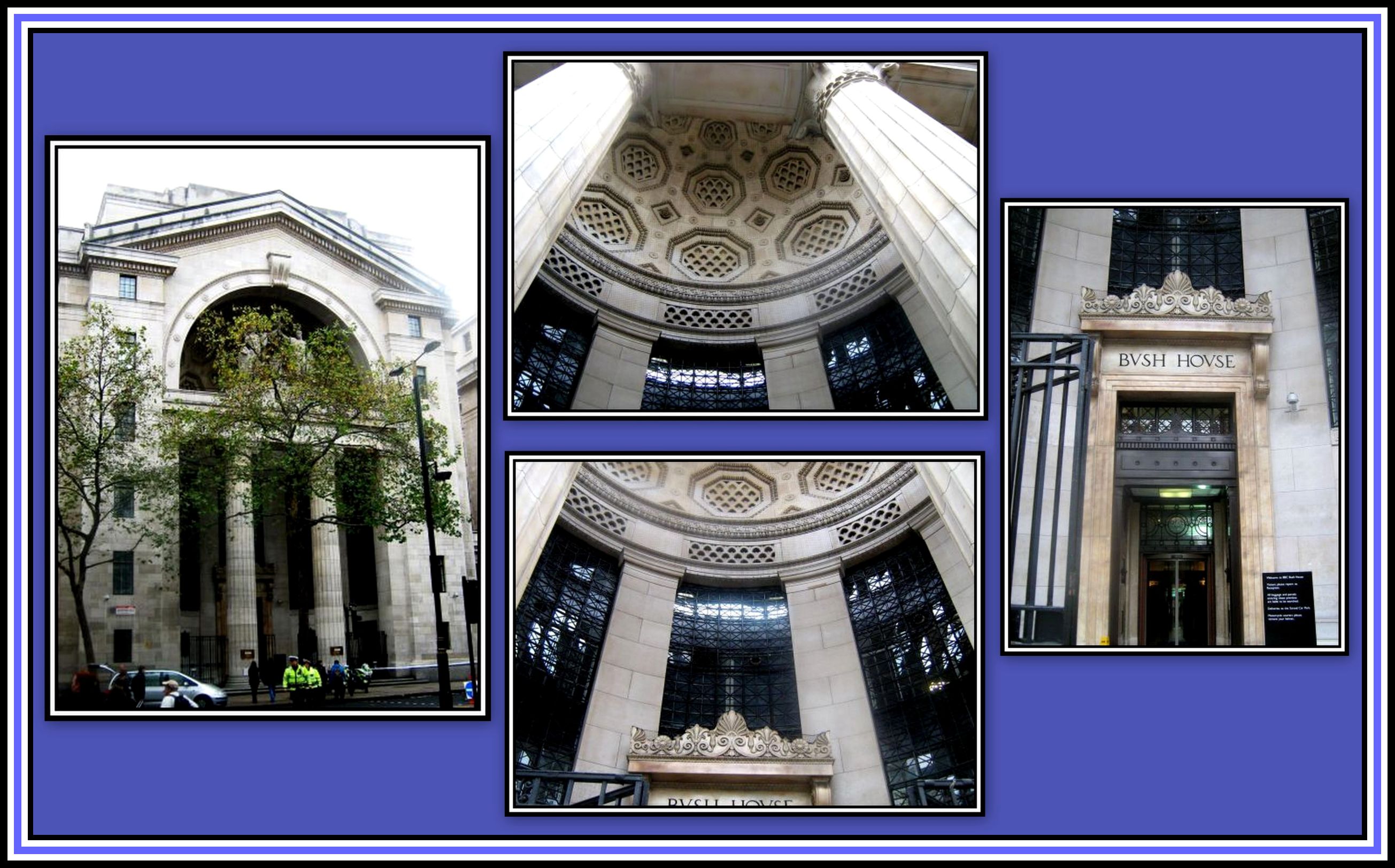 The Portico of Bush House on The Aldwych and facing Kingsway
The Portico of Bush House on The Aldwych and facing Kingsway
The building was opened on the 4th July, 1925 by Lord Balfour, Lord President of the Council, a position that is the fourth of the Great Officers of State of Great Britain (ranking beneath the Lord High Treasurer and above the Lord Privy Seal and whose duties include attending meetings of the Privy Council).
The statues of the Portico were added at the time of opening and were made by the American artist Malvina Hoffman and symbolise Anglo-American friendship.
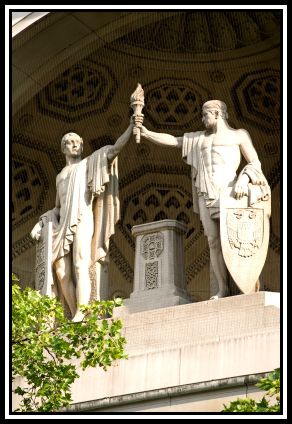 Symbolising Anglo-American Friendship
Symbolising Anglo-American Friendship
The Strand side of Bush House is perhaps less grand, but does displace a relief plaque by Eric Bradbury of Andrew Young (1848-1922). Mr. Young was the first Head of the Surveying and Valuing Department of London County Council (1889-1914) who oversaw the building of both the Aldwych and Kingsway (1899-1905).
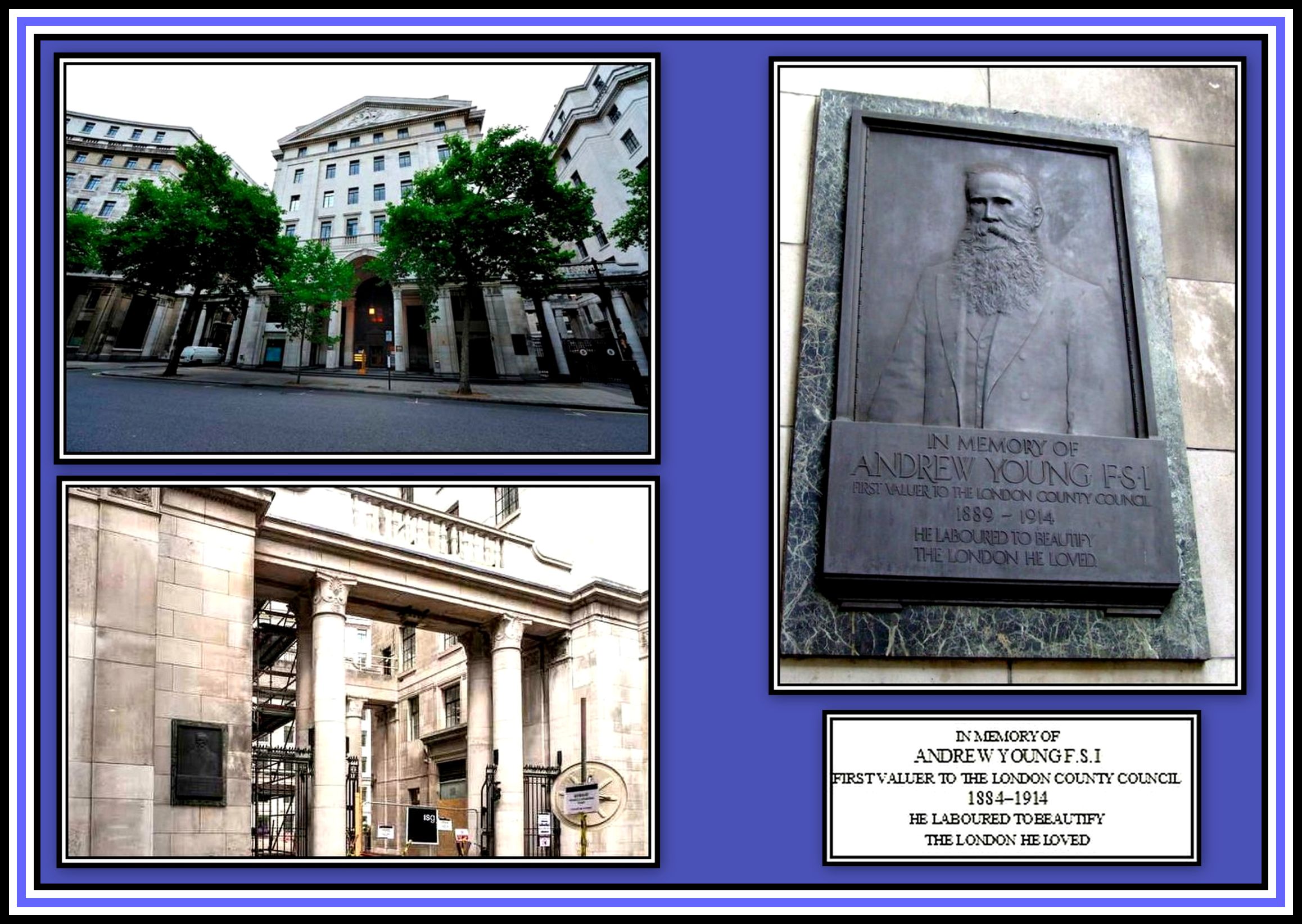 Bush House on The Strand: The Andrew Young Plaque
Bush House on The Strand: The Andrew Young Plaque
-oOo-
When German bombs, including a Parachute Bomb on the 8th December, 1940, damaged Broadcasting House , the BBC European Service was transfered to the South-East Wing of Bush House. In 1958, the remainder of the BBC World Service was moved here, where it remained until 2012. The final BBC broadcast from Bush House was the 12:00 BST English News Bulletin on the 12th July, 2012.
In 1944, one of the statues of the Portico was damaged when a V1-Bomb landed in the Aldwych. The statue was not repaired until 1970 when an American visitor to London who happened to work for the Indiana Limestone Company arranged for the company to donate the necessary replacement limb and a stonemason to attach it. Work was completed in 1977 in time for the celebration to mark the Silver Jubilee of Queen Elizabeth II.
Bush House is a Grade II Listed Building and today is part of the Strand Campus of King’s College London.
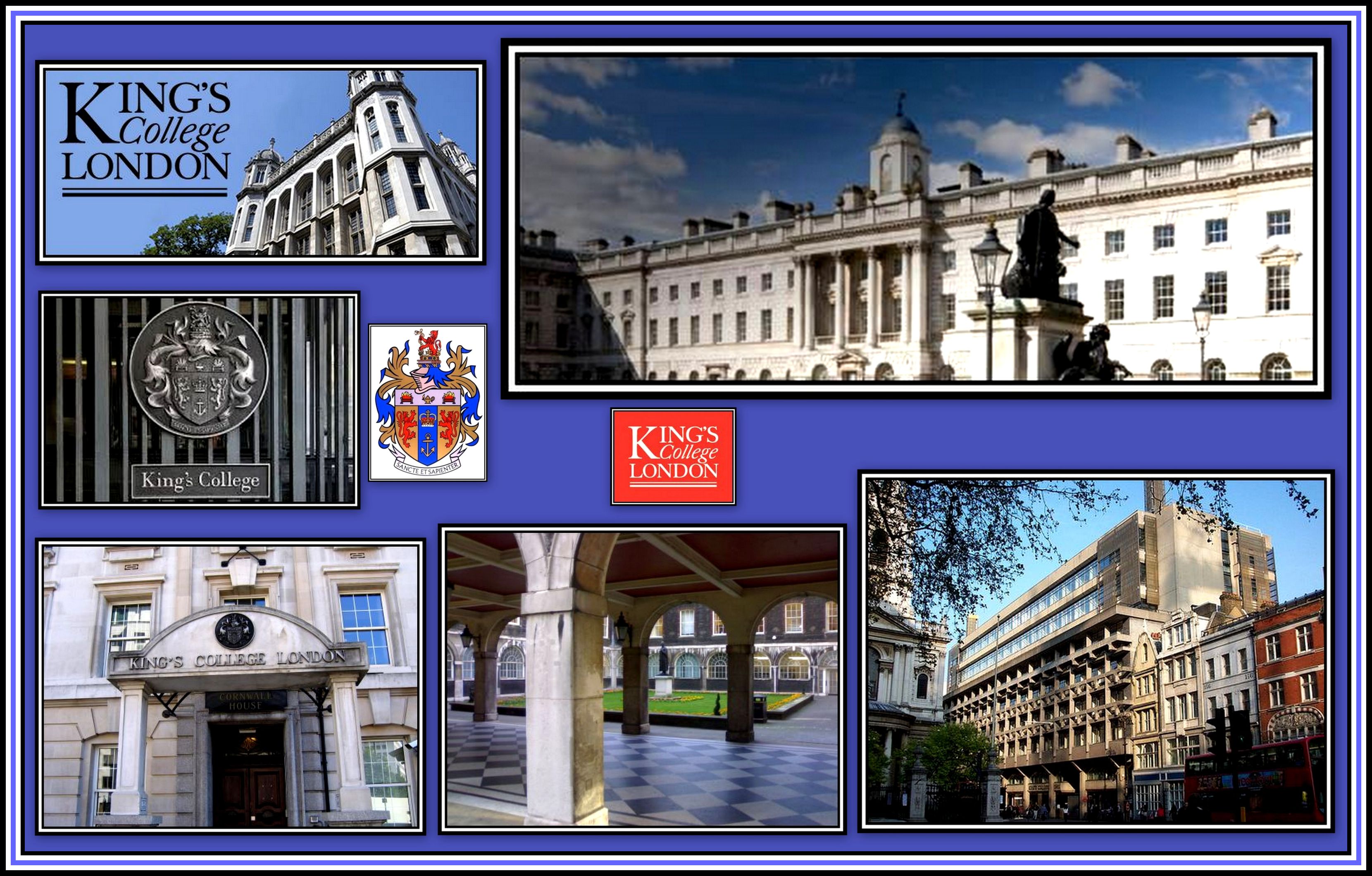 King’s College London Campuses including Cornwall House Waterloo, St. Thomas’ Hospital, Somerset House & The Strand
King’s College London Campuses including Cornwall House Waterloo, St. Thomas’ Hospital, Somerset House & The Strand
-oOo-
As a child, I remember clearly the first time I truly noticed the Aldwych and Kingsway. I was greatly impressed with both roads and have remained so despite what would seem great efforts on the part of those responsible for modern day planning of London. Sadly, I did not notice Bush House as a child. I only became aware of it once the BBC World Service took on some importance to me.
In 1964, I was a student studying Chemistry and had gone to Egypt to work during the summer months at the factory of the Misr Rayon Company (now known as Misrayon & Polyester Fiber Company) based at Kafr el-Dewar, which is a small town about twenty-three kilometres south-east of Alexandria.
While working at the factory, I shared a flat with four other students from various European countries in an apartment block close to the factory. We were fortunate enough to be provided with a cook. He was a huge man who always wore a Jellabiya (a traditional robe commonly worn by men of the Nile Valley) related tales of his days in the Egyptian army. He related his tales in Arabic, which we did not speak. However, one on my fellow students claimed to understand Arabic and readily provided translation of the Cook’s stories for us. Whether his translations were faithful did not matter, as what we were told were both amusing and interesting and held our attention.
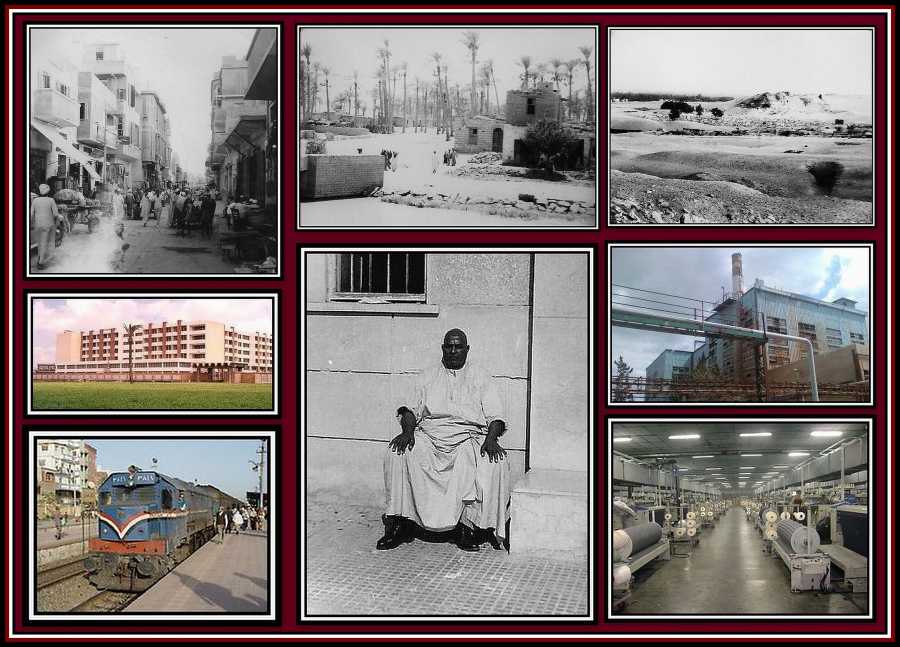 Scenes of Kafr el-Dewar & Environs, the Misr Rayon Company and our Cook (1964)
Scenes of Kafr el-Dewar & Environs, the Misr Rayon Company and our Cook (1964)
At that time, the Egyptian Television Service was in its infancy and not commonly seen in many homes. I remember seeing a number of large screen television sets in the streets for the people to watch, which were evidently set up by the local authorities. All programmes were in Arabic including the episode of Perry Mason that I watched. My colleagues and I proved to be far more interesting to our fellow spectators since they preferred to watch us rather than follow Perry and learn how he solved the case!
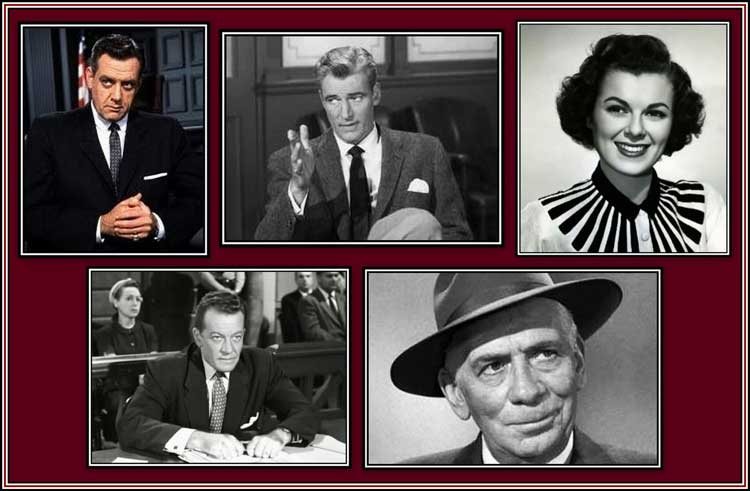 The Cast of the TV-Series, Perry Mason (1957-1966)
The Cast of the TV-Series, Perry Mason (1957-1966)
Clockwise from Top Left: Raymond Burr, William Hopper, Barbara Hale, Ray Collins & William Taliman
We were lucky enough to have a large old-fashioned radio provided for us in the flat. When reception was good, we were able to pick up the British Forces Broadcasting Service (BFBS) from Cyprus. Thanks to this service, while in Egypt, I was able to hear The Kinks for the first time ……..
The Kinks
……. and if we were truly lucky, and the Short Wave reception was good, the BBC World Service.
In was here that I heard for the first time the BBC World Service and I have been listening ever since. I have listened it in all sorts of places, depending on atmospheric conditions, that is! Perhaps the most amusing place that I remember hearing the service was while visiting Uluru, the massive rock in the centre of Australia.
 Uluru seen before and after the rain
Uluru seen before and after the rain
One night, I was lying in my Swag under the stars and looking up at the Southern Cross while having the latest News Report read to me from London thanks to the BBC World Service. This was, to me, a marvelous experience!
 Follow the Pointer to the Southern Cross
Follow the Pointer to the Southern Cross
-oOo-
DETOUR – A SIDELINE ONLY INCIDENTALLY RELATED TO THE STORY
MUSIC TO WATCH THE MILKY WAY BY
This detour can easily be passed over by those not interested to know what music I listened to while lying in a Swag and looking up at the stars!
Spending the night under the stars at Uluru was to be a highlight of my trip and I wanted to listen to some favourite pieces of music while I did. Below are a few examples of the eclectic mix that I took with me. Those shown were chosen purely at random since I would not be able to choose a few to post here.
Needless to say, I listened to the music for most of the night and the event proved to be an unforgettable experience, which I recommend to everyone.
Bach: Brandenburg – Concerto No. 1 – Allegro – an excerpt
Louis Armstrong: A kiss to build a dream on
Bobby Darin: Nature Boy
Ella Fitzgerald, Louis Armstrong & Oscar Peterson: Cheek to cheek
Frank Sinatra with Nelson Riddle: I’ve got you under my skin
Bobby Darin: Queen of the Hop
Count Basie & His Orchestra: One O’clock Jump
Rostopovitch: Sarabande from Bach’s Cello Suite No. 1
-oOo-
Provided by Paul Bland
-oOo-
BBC WORLD SERVICE – PAST
Today, thanks to agreements between the BBC and various Radio Stations around the world, the BBC World Service is now heard with ease. Of course, it is possible to listen to the Service on the Internet at any time of the day. Now that radio programming in the U.K. no longer ceases, the BBC World Service may be heard on Radio 4, the old Home Service throughout the night hours.
Ah, if only this had been possible when I was a child when it ended transmission at 11.00-ish! But then, I should not complain, as there was the English Service of Radio Luxembourg to enjoy at that time.
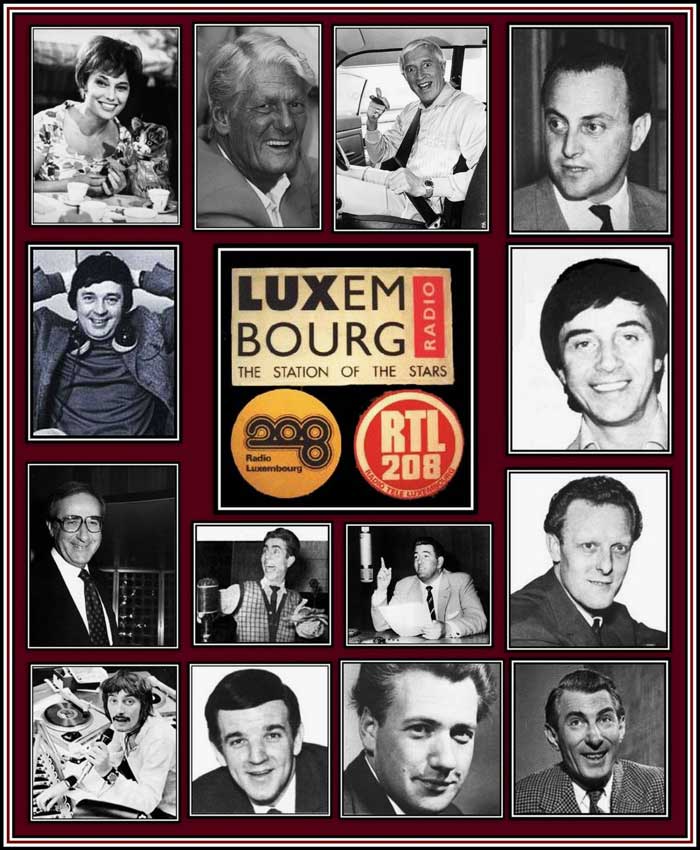 Disc Jockeys once heard on 208-Radio Luxembourg
Disc Jockeys once heard on 208-Radio Luxembourg
I was brought up at a time when the BBC newsreaders, correspondents and announcers exhibited that certain quality that epitomised being British, which actually meant English! People like the great John Snagge, Alvar Lidell, Richard Dimbleby and Richard Baker had silver tongues. I also remember the wonderful Audrey Russell who had been the only female War Correspondent at one time. And prior to his retirement in March 2004, Alistair Cooke’s Letter from America was a weekly joy. Names and voices that are never to be forgotten.
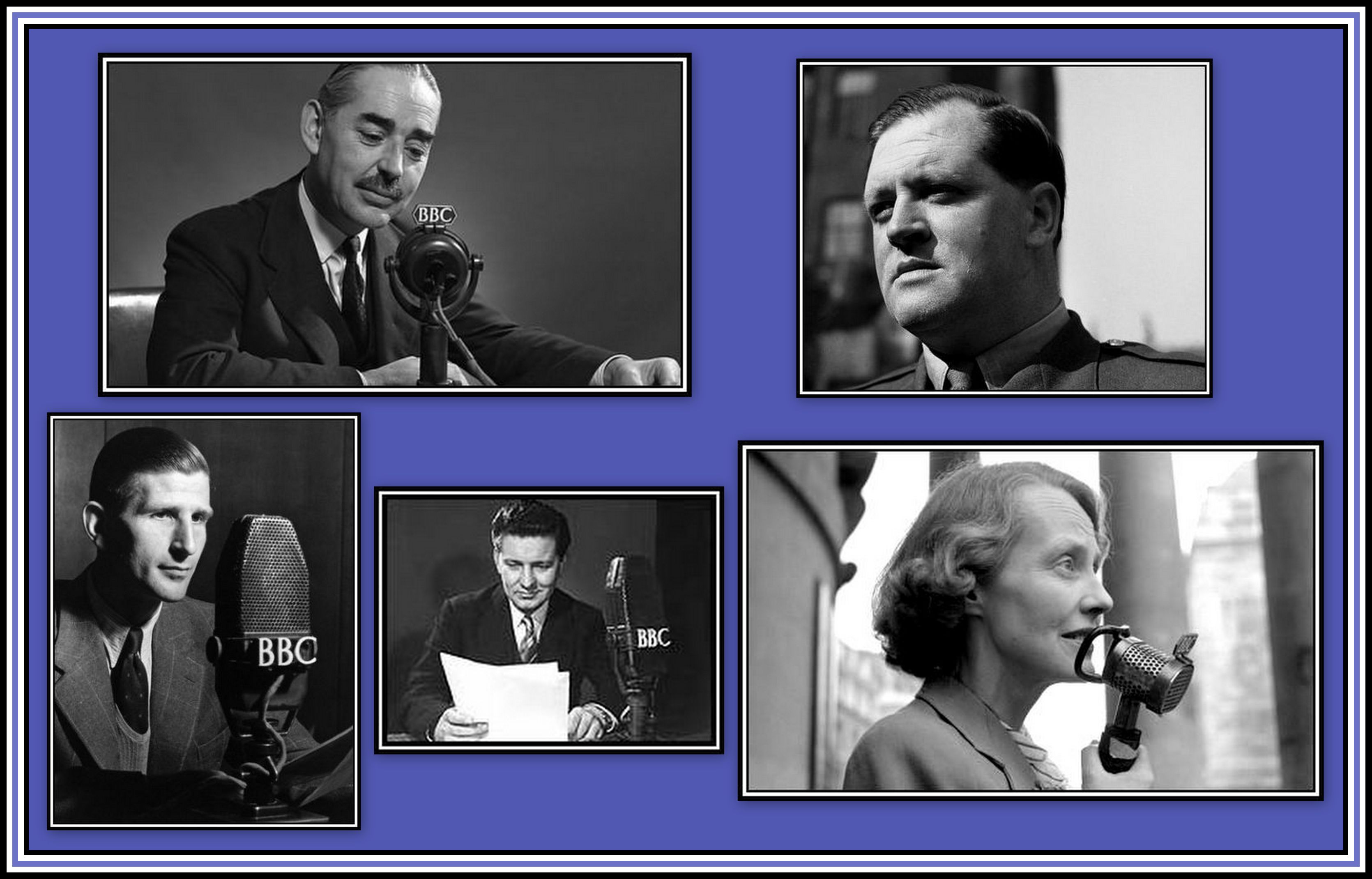 The Presenters, from Top Left and moving clockwise, John Snagge, Richard Dimbleby, Audrey Russell, Richard Baker & Alvar Lidell
The Presenters, from Top Left and moving clockwise, John Snagge, Richard Dimbleby, Audrey Russell, Richard Baker & Alvar Lidell
Click here to hear John Snagge touring the Black Museum of the Metropolitan Police
Click here to hear the voices of Alvar Lidell & Richard Baker in the BBC Tribute to Alvar Lidell in 1981
Click here to hear Richard Dimbleby reporting on the Bergen Belsen Concentration Camp at its liberation in 1945
Alastair Cook, Letter from America: Excerpt from the programme where the murder of John Lennon and Gun Control in the U.S. were discussed (1980)
-oOo-
BBC WORLD SERVICE – PRESENT
Like everything else, the BBC and the BBC World Service has changed and, to my way of thinking, not for the better. People seem to prefer their News to be told in snippets and want The Headlines every hour. Sadly, and I do not mean to sound pompous here, I am not fond of the chatty style that exists between the two announcers who often can be heard in the News programme heard during the night hours. Again, at the risk of sounding pompous, I have often recognised glaring errors during their chitter-chattering between reports. Recently, one announcer answered Swan Lake when asked the name of her favourite opera. Neither of the announcers seemed to be aware of their ridiculous and painful error. I felt obliged to contact the BBC and point out the error that had been heard around the world.
Not being a lover of Social Media, I had to contact the BBC World Service by another route. This proved not to be as easy as I thought. After great difficulty, I eventually managed to find an email address to contact the producer of the show. A day or so later, I received a reply from the producer and was told that the error would be pointed out to the presenters.
It isn’t that I enjoy complaining about the presenters as such, but I felt it important to remind the BBC that today’s announcers and presenters have inherited a legacy from those that have gone before. Past presenters of the News have helped foster in listeners around the world that the BBC stands for honesty and integrity in its reporting and presentation of The News in a truthful and unbiased manner. For the BBC to maintain this rarefied reputation it needs to remember that firstly, past announcers and presenters would not have indulged in frivolous chatter while on the air, and secondly, without question, they would not have confused simple subjects, such as their operas and ballets! If a presenter can possibly confuse such a simple subject, it brings into question perhaps other errors have been made in more serious subjects.
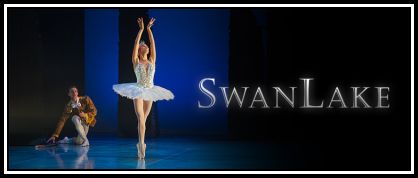 Swan Lake ………… decidedly NOT an Opera!
Swan Lake ………… decidedly NOT an Opera!
-oOo-
Each morning, I am fortunate enough to hear the BBC World Service production, Newsday, which debuted in 2012, and replacing The World Today and Network Aftrica, is interesting during the early hours of the day since it provides important news from Africa, which most other services either ignore or dismiss briefly.
I hear the programme during the early morning where I live. There is a rotating presenter each day who, on the whole, does a reasonable job. Without question, until his recent retirement in December 2012, my favourite presenter was Robin Lustig, a man who was without question, an old-style announcer. Mr. Lustig is sorely missed.
Robin Lustig preparing the way for the taping of a BBC Programme
Today there is one presenter, a Mr. Owen Bennett-Jones, who is not heard often, which is unfortunate, but who has a certain wit in his presentations. What is interesting about Mr. Bennett-Jones’ interviews is that he will often say something, or else comment on something said, that has a hint ……… perhaps only the slightest hint of merriment. This is not a criticism on my part, and I have to admit that perhaps I have misunderstood Mr. Bennett-Jones’ intention and for this I apologise. However, whenever such a hint occurs, I find myself literally choking with laughter, and for this, I have to thank him!
Owen Bennett-Jones speaking at the Pakistan Future Leaders Conference at Oxford University (in part)
-oOo-
Although I complain about the BBC and the BBC World Service, I am and will continue to be grateful to the Corporation and to the present-day presenters, since they still offer the listener the very best in News coverage.
 Some of the Current Presenters of Newsday Presenters
Some of the Current Presenters of Newsday Presenters
——oooOOOooo——
Click here to go to FLOURS LUV’LY FLOURS
——oooOOOooo——
Click here to go to THE TELESCOPE MAN
——oooOOOooo——
Click here to go to THE EMBANKMENT
——oooOOOooo——
Click here to RETURN to AN ADDITIONAL SET OF POSTCARDS OF OLD LONDON Home Page
——oooOOOooo——
Click here to RETURN to POSTCARDS FROM OLD LONDON Home Page
——oooOOOooo——
Click here to return to the TABLE OF CONTENTS
——oooOOOooo——

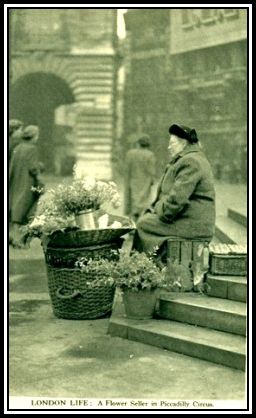
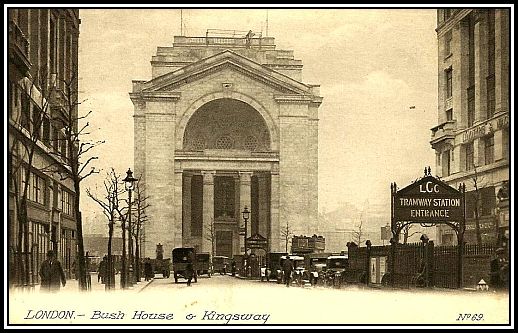
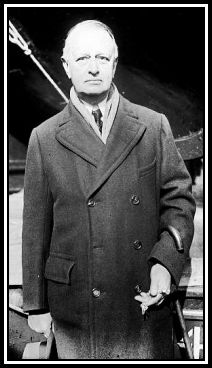
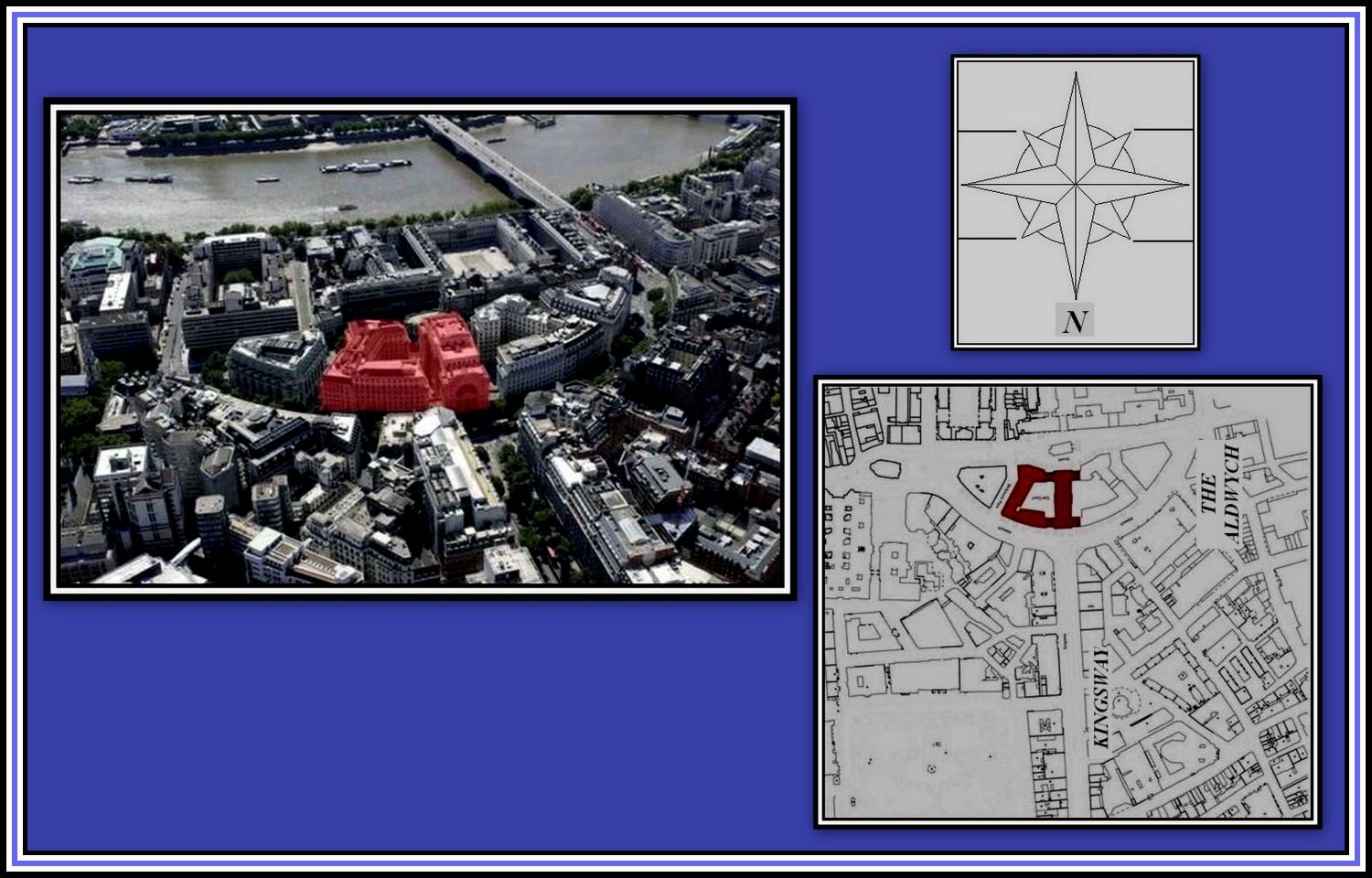
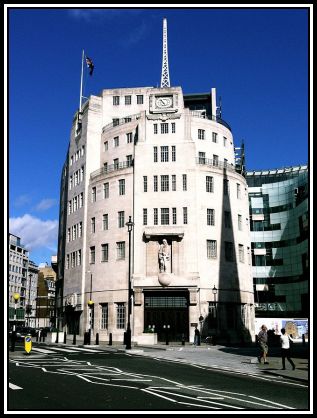


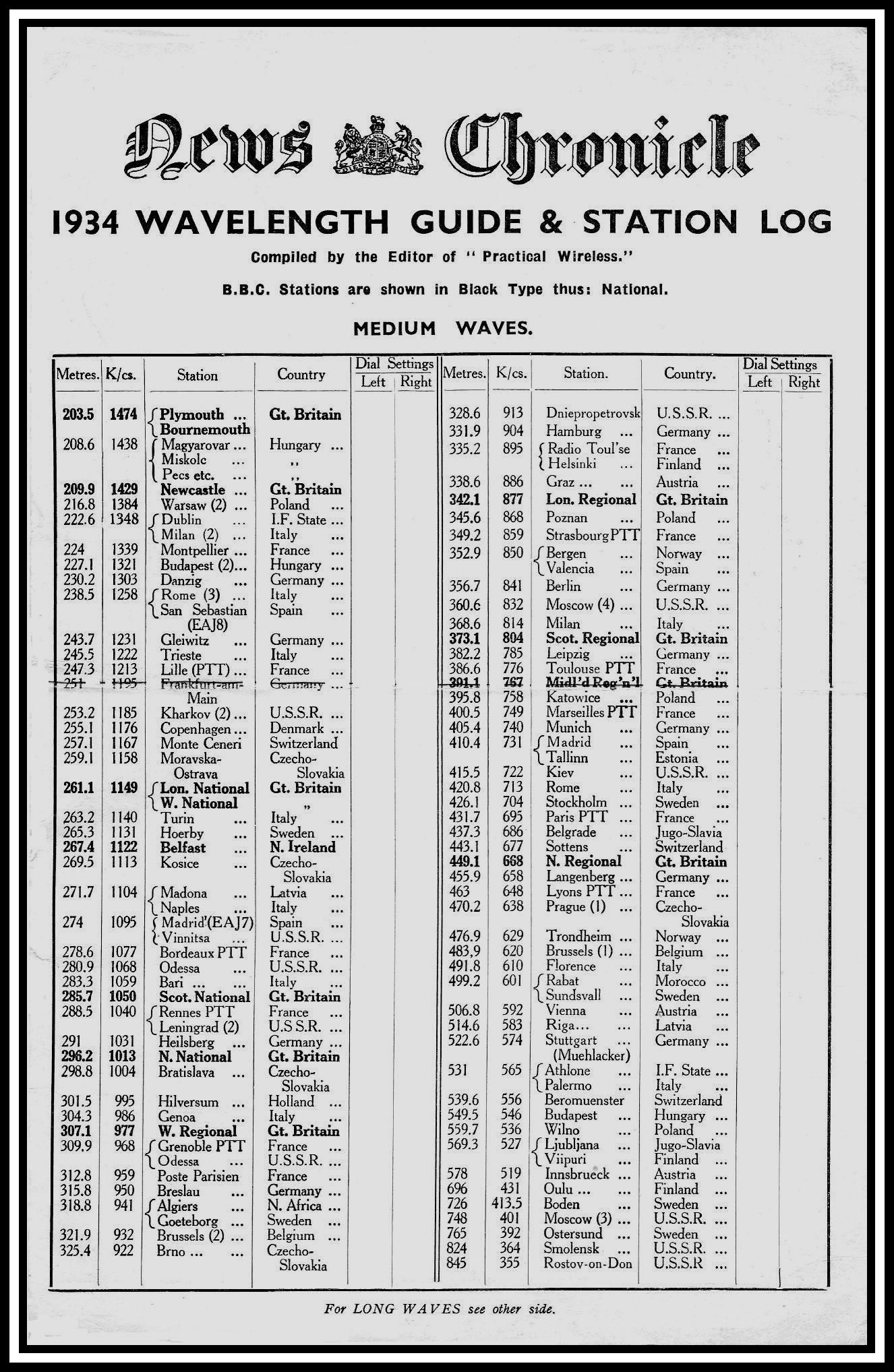
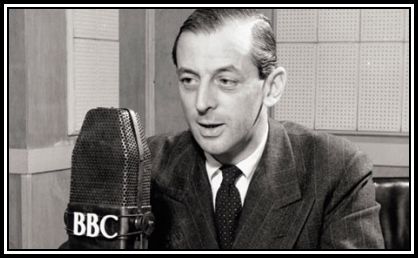


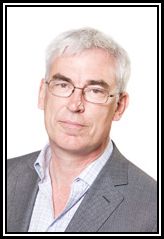
Fascinating read on Bush House, Charles. When I left school in the early 60s, I worked in High Holborn, at the junction with Kingsway. I remember Bush House well, and also the defunct tramway, which was closed up by the time I started working there. Away to the east side of Kingsway was Lincolns Inn Fields, where we whiled away many a lunchtime.
My grandfather was one of the policemen on duty on the 8th December 1940. His record states it was a land mine. And I have his record of being hit and his medical discharge from the police force.
Hi,
I happened upon this sight while looking up the Bush House and enjoyed glancing through much of your info.
I’m Canadian but my grandfather was British, a Barnardo boy sent to Canada as a young lad to work on the farms as a child slave. His last name was Hill and I wonder if you might be related to some of his relatives that he found later in his life in the Gloucester area: Graham, Barb, Nick, Dolly, Hilary.
It was fun reading your stuff and very helpful, so thank you.
Tracy Bush